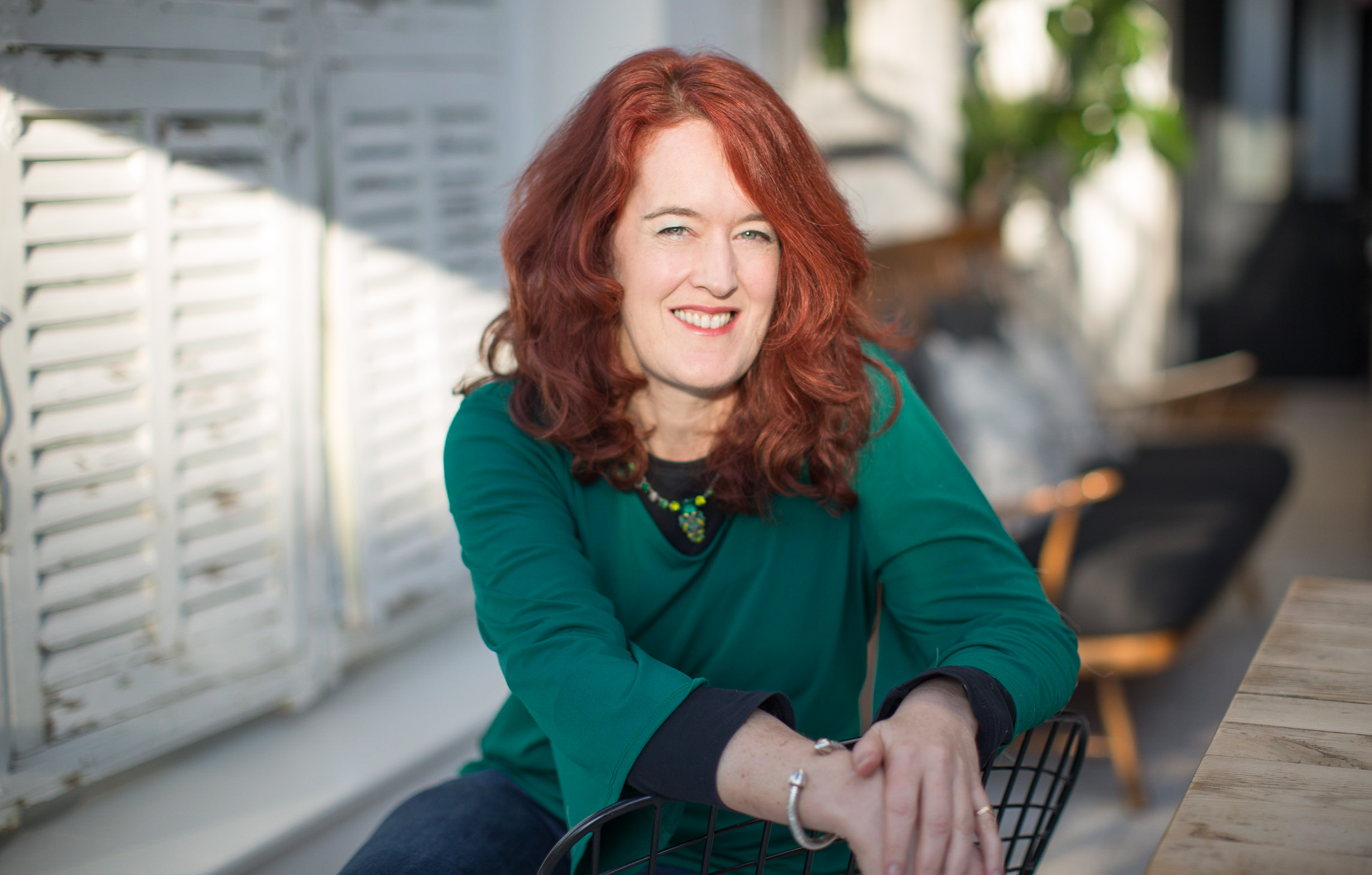When I gave birth to my first child in 2004 I remember feeling like I wasn’t in the room, but stuck in a big tunnel, cocooned from reality by the effects of the epidural. The midwife said, ‘Let’s get Mum up to the ward’ and I thought, ‘my Mum’s not here, is she?’ I couldn’t get my head around the fact that I was ‘Mum’. The focus of my life shifted entirely to my baby. I was staggered as to how isolated I felt, having no friends or family nearby with babies. I cried every day for weeks, although I’d give the impression everything was fine. I felt invisible, lonely and like I was failing, but not enough to be flagged up with postnatal depression (PND). What would that mean anyway? Might my baby, that I loved so very much, be taken away from me?
It’s hard to admit that you are finding so difficult what many thousands, including your own mother, have done before you. Add the stigma that still exists around mental health issues and it’s no wonder the feeling of panic sets in. More correctly known as post-natal illness, PND affects at least one in five mothers. These are just the reported figures, the truth is many women suffer in silence. I eventually found a supportive group who wanted to talk openly and honestly about themselves as women, as well as mothers.
I moved to Brighton and set up Mothers Uncovered in 2008. Intended as a one-off project for our charity, it continued and developed. We run creative peer support groups, facilitated by past participants, and have empowered nearly 3000 women. While there would be many tears shed, we only occasionally felt concerned that a mother was in such a crisis she might harm herself. Now that has escalated worryingly; the pandemic and cost of living impact exacerbating an already precarious situation. Formerly routine appointments with health professionals have been slashed to the bone and we see a procession of broken new mothers.
I started advocating for maternal mental wellbeing about nine years ago, because I met so many traumatised by motherhood. Mothers, contrary to some media stories, are very mindful of how lucky they are to have a child. They also tend to put any of their needs aside, often leading to a state of desperation. Some of our participants were diagnosed with depression, many didn’t go to their doctor, feeling they could or should battle on regardless, or felt ashamed to admit they were not coping. They didn’t feel depressed exactly; but they were shocked, fearful, angry, sad, grateful… The list of emotions is endless, which is why there needs to be a word that encompasses it all, gives it weight and dignity, signalling to both the woman and everyone around her, that she is valued.
Then four years ago I had the lightbulb moment, when I first heard the word matrescence, which isn’t well known in the UK outside medical circles, despite being added to the Cambridge English dictionary last year. It was coined by American anthropologist Dana Raphael in 1973. Matrescence refers to the process of becoming a mother, both physically and emotionally. If you wonder why a word makes a difference, look at the impact of #metoo and how those affected were galvanised by having a term to describe their experience.
The existing terminology is medical, perinatal meaning both before and after birth or PND. This is a diagnostic label with a certain stigma; it is negative, a ‘condition’, not a state of being. It doesn’t embrace the complexity and depth or begin to cover the mental, emotional and societal, as well as physical, changes a woman goes through.
Becoming a mother is a lengthy process, it doesn’t happen overnight. With matrescence to describe this time, women can start to own it, normalising the full gamut of experiences and feelings. Raphael likened matrescence to adolescence, sharing with it change in body image, hormonal fluctuations and a new identity emerging. I see the same lightbulb moment in everyone I explain it to, as they realise whatever they feel is ok.
Women often feel they are ‘just a mum’ as motherhood isn’t regarded as work. But loving, bonding with, and looking after a child is work and should be treated as such.
I think if matrescence was given as much significance as adolescence, then not only would mothers realise the importance of their work, others would too. Everyone has, or had, a mother and there are countless studies that point to the impact of upbringing in later life. It’s not a medical state, it’s a rite of passage from one’s old self to the new. It is only recently that menopause is starting to be taken more seriously. It is time we took this seriously and championed matrescence.
Support mothers in matrescence by signing this petition.
Twitter: @mgordonwalker
Website: www.mothersuncovered.com
Instagram: @matrescenceuk
Guest posts
Guest Post
Guest post: “If matrescence was given as much significance as adolescence, then not only would mothers realise the importance of their work, others would too.”
NicolaDMumsnet · 14/08/2023 15:24
Maggie Gordon-Walker
Maggie is an arts professional and the founder of Mothers Uncovered, set up for her charity Livestock in 2008. The creative peer support courses based in Brighton are led by past participants. They aim to celebrate the woman behind the mother, while allowing feelings to be explored honestly, without judgement. She is an advocate for matrescence (the transition to motherhood), believing women’s wishes around pregnancy, birth and postpartum are often ignored or marginalised. She co-edited an anthology of past participants’ stories of their matrescence: ‘The Secret Life of Mothers’ (2018) and presents a podcast of the same name.

To comment on this thread you need to create a Mumsnet account.
